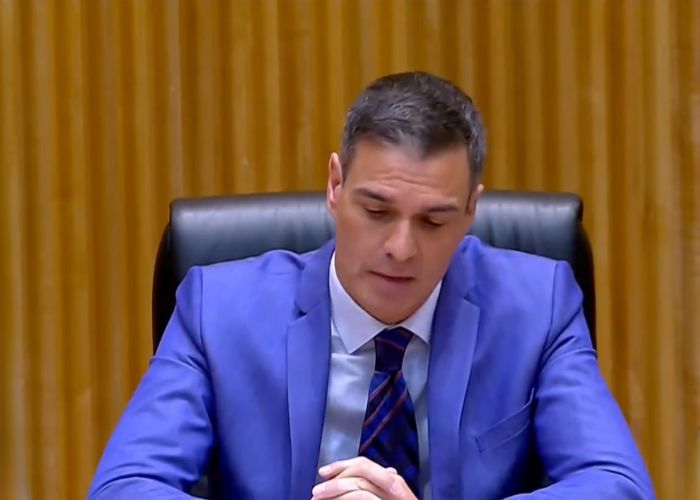MADRID – The surprise announcement by Spain’s Prime Minister, Pedro Sánchez, to bring the December elections forward to July 23 has sparked unrest within both Spain and the European Union.
This turmoil comes at a crucial time, as Spain will hold the rotating presidency of the EU Council in the second half of 2023. Moreover, important legislative proposals will be dealt with during this Presidency. In addition, two crucial items need to be addressed that cast doubt on the receipt of €104.3 billion in European funding for Spain.
Presentation of addendum
One of these items is the presentation of the addendum to the Recovery Plan to Brussels, which must be submitted before the end of August. Furthermore, Spain must also apply for the fourth payment of the Next Generation funds before the end of the year.
Also read: Left election debacle leads to early national elections in Spain
Negotiations on the new set of measures, milestones and reforms to justify the additional funding are still ongoing between Spain and the teams in Brussels. This revision should give Spain access to €84 billion in favourable loans, with interest rates below market prices.
During her recent visit to Brussels, Minister Calviño of Economic Affairs announced that Spain will send the Addendum to the Recovery Plan to Brussels next week. She also reiterated the plan to apply the fourth payment of the Next Generation funds in the coming weeks.
EC urges Spain to hurry
As part of the European Semester, the European Commission has urged Spain to maintain the Recovery Plan and quickly complete the revision of the plan. Furthermore, the Commission has also called upon the Spanish government to ensure sufficient administrative capacity to guarantee that the plan is implemented on time.
Spain as president of the EU
However, the early elections in Spain could have a direct impact on European developments. As the EU’s presidency, Spain must act as an arbiter and seek consensus among member states to move important issues forward. However, this can be influenced by the political orientation. The European Commission will therefore work closely with the Spanish Presidency of the EU to be certain that the EU legislative process continues as normal, regardless of the political situation in Spain before and after the elections.


